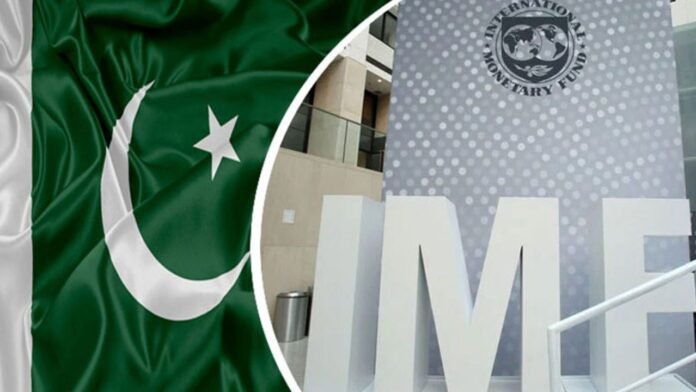Today marks an important day in Islamabad’s calendar as the International Monetary Fund IMF Executive Board is set to meet to discuss the approval of a crucial $7 billion loan for Pakistan. This meeting is remarkable, following months of negotiations between the IMF and Pakistan aimed at resolving the country’s economic challenges. This loan represents one of the Extended Fund Facility (EFF) loans, with the first tranche locked on July 12, 2024, and it aims to deliver much-needed relief to Pakistan’s struggling economy.
Pakistan’s Economic Challenges and IMF Assistance
Before securing the loan, Pakistan faced economic problems such as persistent inflation, growing fiscal deficit, and constant erosion of foreign exchange reserves. Such situations have put the country’s international payment capacity under strain as payment obligations must be fulfilled. The IMF loan will probably improve Pakistan’s foreign exchange reserves and relieve payment pressure, helping the economy.
The Significance of Foreign Exchange Reserves IMF
In light of currency requirements and any country’s obligations, foreign exchange reserves play a vital role in every economy, and Pakistan is no exception. Therefore, the extended $7 billion loan, promising to enhance the bilateral foreign exchange reserves, is likely to provide much-needed relief to the economy. Pakistan has been under the economic burden of increasing import figures and the poor value of the Pakistan currency.
Government Actions to Restore Economic Balance
Such restructuring cuts come within the context of extending and expanding the condition of the EFF, where Pakistan is to continue improving its tax efforts to widen its fiscal capacity, which would be key in sustaining development into the future.
Finance Minister’s Apprehension Regarding Approval IMF
While addressing the seminar on the CPEC project through the video, Federal Finance Minister Muhammad Aurangzeb expressed a slightly positive outlook regarding the granting of the IMF loan facility.
The Fiscal Minister emphasized the decline in the policy rate in Pakistan, which has significantly raised the investors’ confidence. As a consequence, inflation and interest rates fell, thus making the climate conducive for both local and foreign investments.
For Pakistan, what if CPEC is more about trade than money?
With Phase 2 of CPEC expected to start soon, attention will now turn to monetizing investments in infrastructural projects. The Minister of Finance confirmed that this phase is key in supporting the recovery processes of the national economy. With infrastructure developed during phase 1, Pakistan aims to increase participation from the private sector mainstream in developing industries and getting into the technologies.
The Involvement of the Private Sector in Economic Development
. The Ministry of Finance emphasized that the length of the economy is the development of the private sector, which can enhance creativity, employment, and growth of the economy.
Conclusion: A Hopeful Path Forward IMF
The forthcoming IMF board meeting stressed Pakistan’s economic interests. The approval of the $7 billion loan program will not only help increase the foreign exchange reserves shortly but will also enhance the investors’ image of the country’s economy. Given the ongoing reforms by the government and the opportunities that CPEC Phase 2 brings, Pakistan should have a reasonable hope of achieving sustained economic growth.


